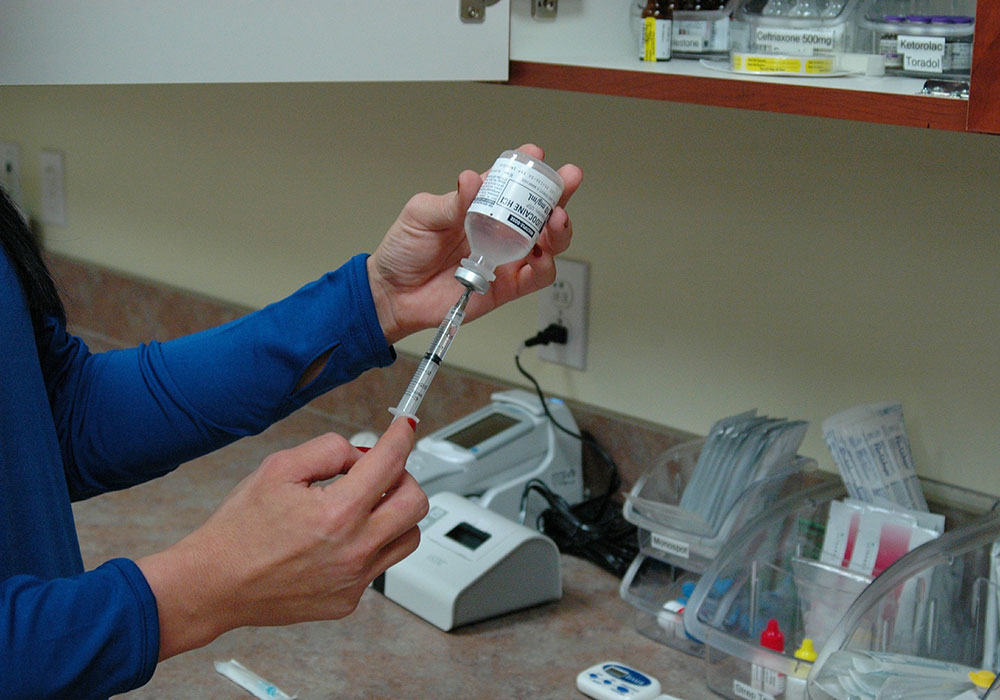Because April is Oral Cancer Awareness Month, it’s important to understand the link between human papillomavirus (HPV) and oropharyngeal cancers. This form of oral cancer occurs in the middle part of the throat, soft palate, base of the tongue, and tonsils. HPV contributes to more than 70% of all oropharyngeal cancers, with more than half of these being related to HPV type 16. The Centers for Disease Control and Prevention (CDC) noted that approximately 9,000 new cases of oropharyngeal cancers are diagnosed annually and are typically four times more common in men than women.
HPV is a group of more than 200 related viruses. Some of these HPVs are considered high-risk and—among things—can lead to certain cancers, including cervical cancer, anal cancer, oropharyngeal cancer, and other rare disease types. The National Cancer Institute (NCI) reported that more than a dozen high-risk HPVs have been identified. However, two forms of HPV types, labeled 16 and 18, are responsible for the majority of HPV-associated cancers.
HPV vaccines play an important role in limiting oropharyngeal cancers. The U.S. Food and Drug Administration (FDA) has approved three vaccines proven to be effective in protecting against HPV infections. Although these vaccines can provide protection against new infections, they are considered ineffective for treating existing HPV infections and should be used as a form of prevention in male and female patients aged 9–26.
The Need for HPV Vaccination
The American Cancer Society issued a call to action in January 2016 supporting the need to increase HPV vaccination rates in the United States. According to the CDC, only 40% of girls and 21% of boys have received the full schedule of HPV vaccination doses.
The Advisory Committee on Immunization Practices (ACIP) has recommended the following guidelines for HPV vaccines:
- HPV vaccination is recommended by ages 11 or 12 but can begin as early as 9 years old.
- It’s also recommended that females ages 13–26 and males from 13–21 be vaccinated if they haven’t previously.
- Vaccination is recommended for men through age 26 if they have sex with men.
- Immunosuppressed individuals are recommended to receive the vaccine through age 26 if they haven’t previously.
Furthermore, the CDC recommends children 11–12 years old get two doses of HPV vaccine—rather than the previously recommended three doses—to protect against cancers caused by HPV. The second dose should be given 6–12 months after the first dose.
HPV vaccinations can offer protection against cancer that’s originating from one of the most common sexually transmitted diseases. The age range identified for vaccination is intended to impact patients before they are sexually active. For more information about HPV vaccinations, check out the National HPV Vaccination Roundtable through the American Cancer Society.






